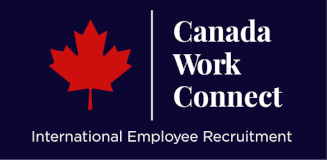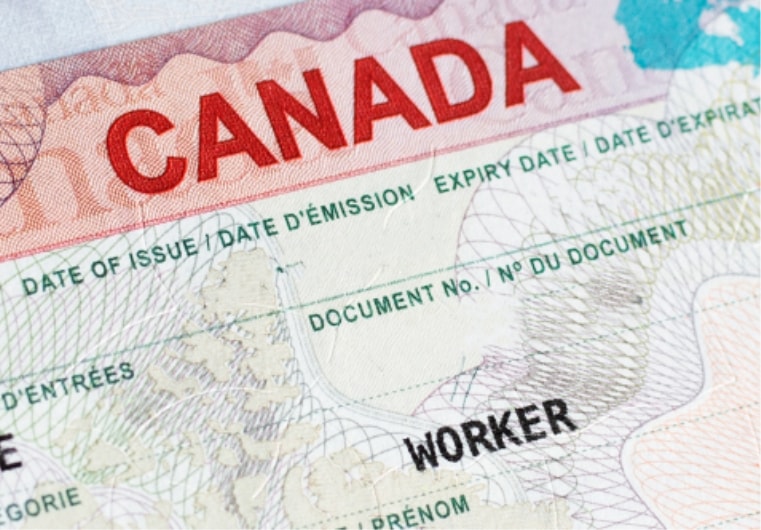The Work Permit Process
Canada issues two types of work permits, the Employer-Specific work permit, and the Open work permit. Here is a brief description of each of them:
EMPLOYER-SPECIFIC WORK PERMIT
An employee applying for an employer-specific work permit requires the following information to be supplied by the employer:
- A copy of the employment contract and any related documentation
- EITHER: – a copy of a Labour Market Impact Assessment
OR
An offer of employment number (for LMIA-exempt workers). To get this number, employes must use the EMPLOYER PORTAL
If the employer does NOT need to use the Employer Portal, to submit an offer of employment, they must give a copy of the employment contract to the employee.
OPEN WORK PERMIT
An Open Work Permit allows employment with most employers in Canada, with a few exceptions:
- If an employer is listed as Ineligible on the list of employers who have failed to comply with the conditions. Or:
- The employer regularly offers striptease, erotic dance, escort services, or erotic massages
Open work permits are only available in specific situations, and some jobs will require a medical examination.
You may be able to get an Open work permit if you:
- are an international student who graduated from a designated learning institution and are eligible for the Post-Graduation Work Permit Program
- are a student who’s no longer able to meet the costs of your studies (destitute student)
- have an employer-specific work permit and are being abused or at risk of being abused in relation to your job in Canada
- applied for permanent residence in Canada
- are a dependent family member of someone who applied for permanent residence
- are the spouse, common-law partner or dependent child of a low- or high- skilled worker
- are the spouse or common-law partner of an international student
- are the spouse or common-law partner of an applicant of the Atlantic Immigration Pilot Program
- are a refugee, refugee claimant, protected person or their family member
- are under an unenforceable removal order
- are a temporary resident permit holder
- are a young worker participating in special programs
For more information on the Work Permit Process, let Canada Work Connect be your guide. Contact us through this website today!



